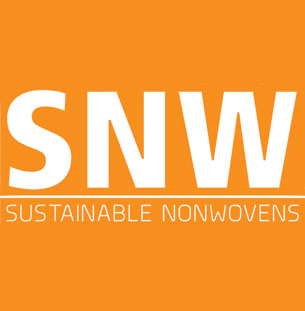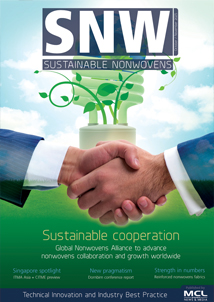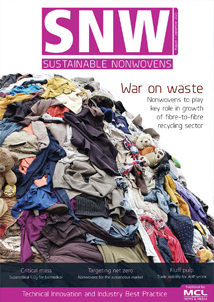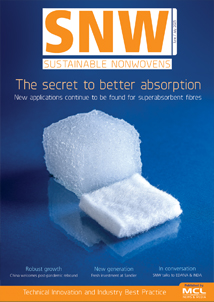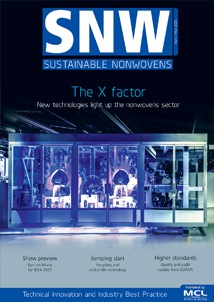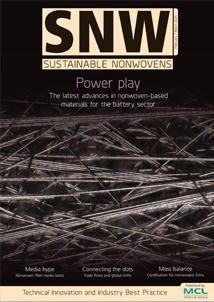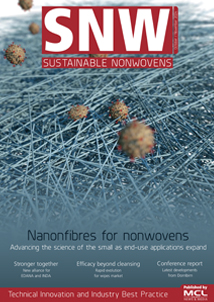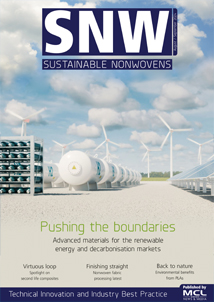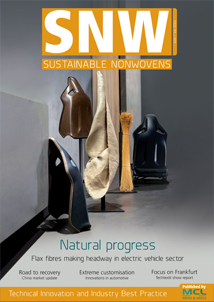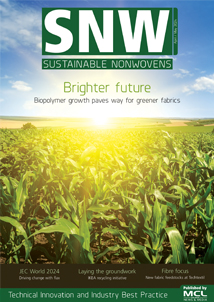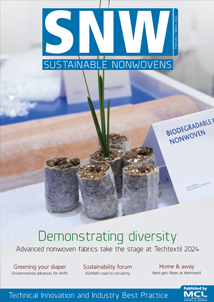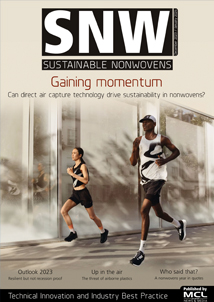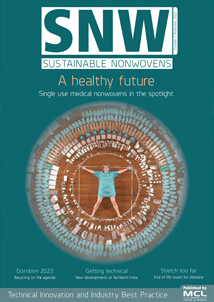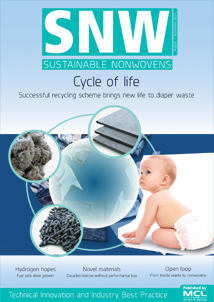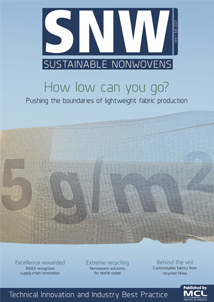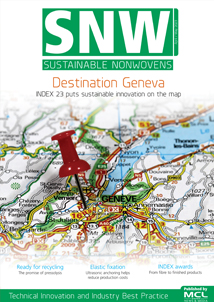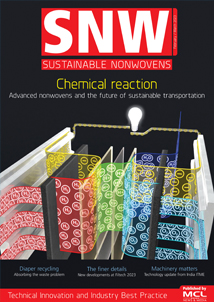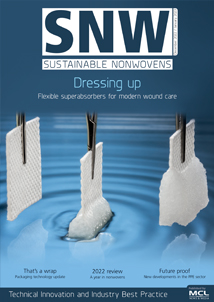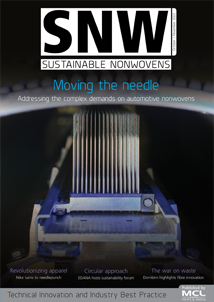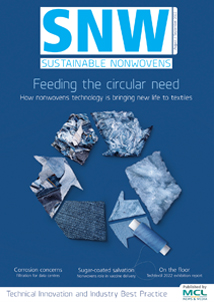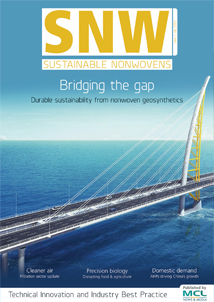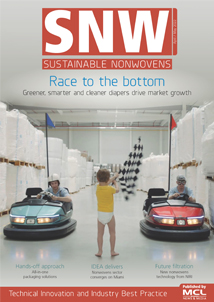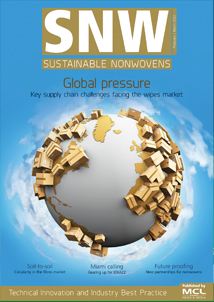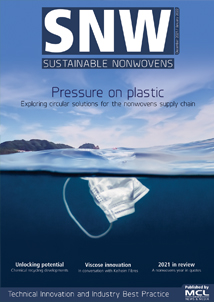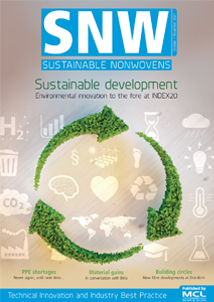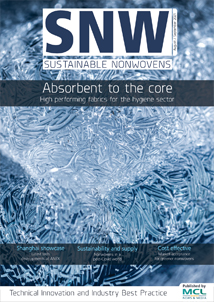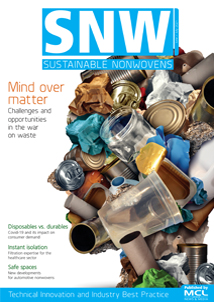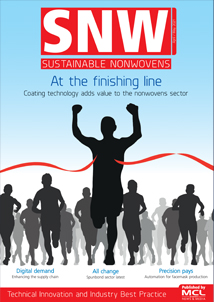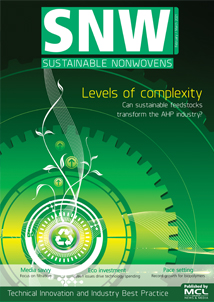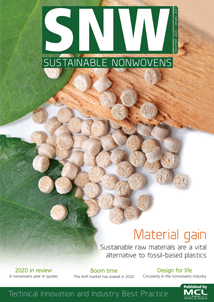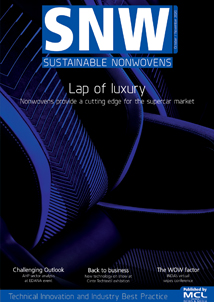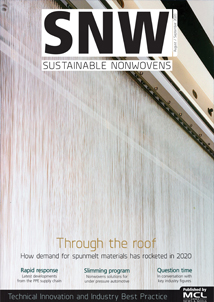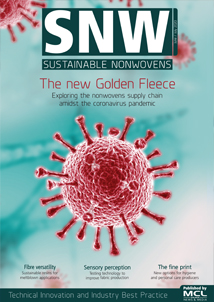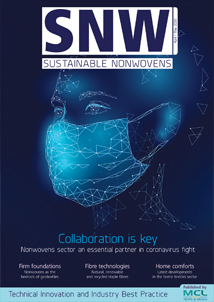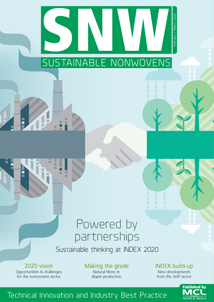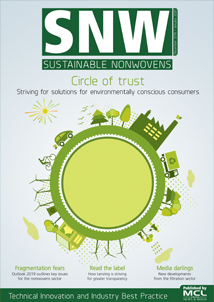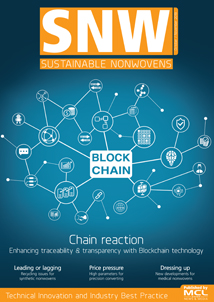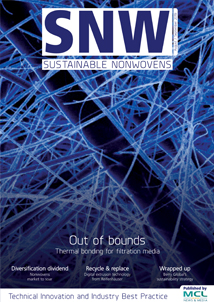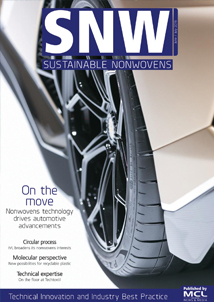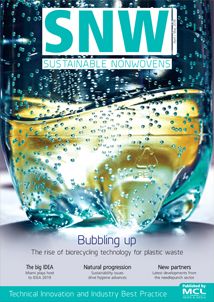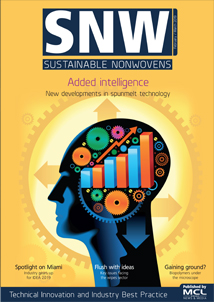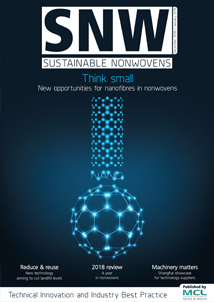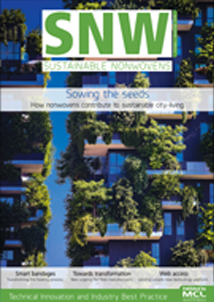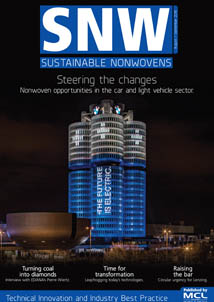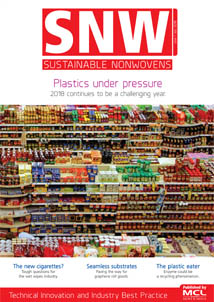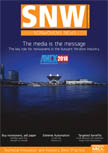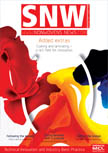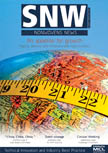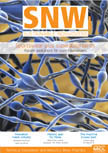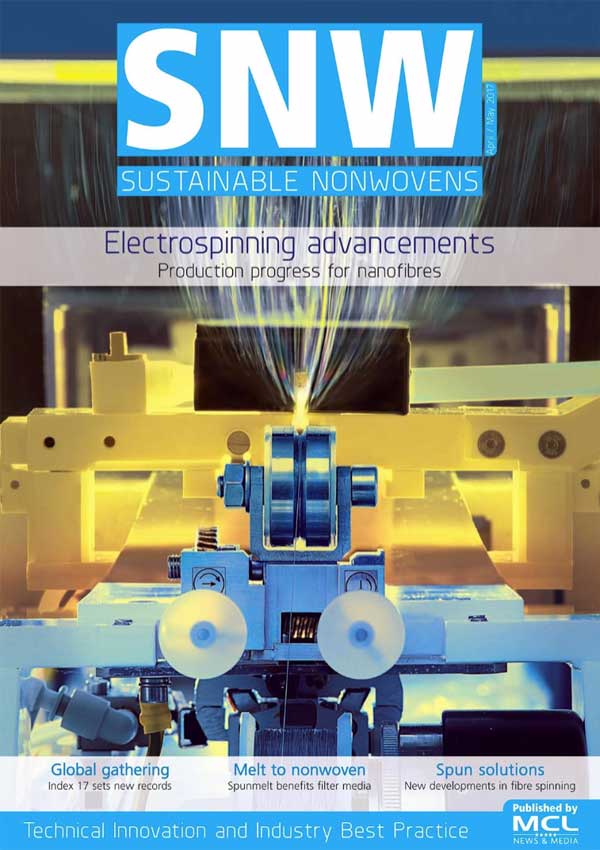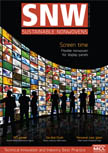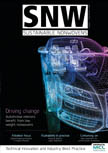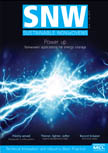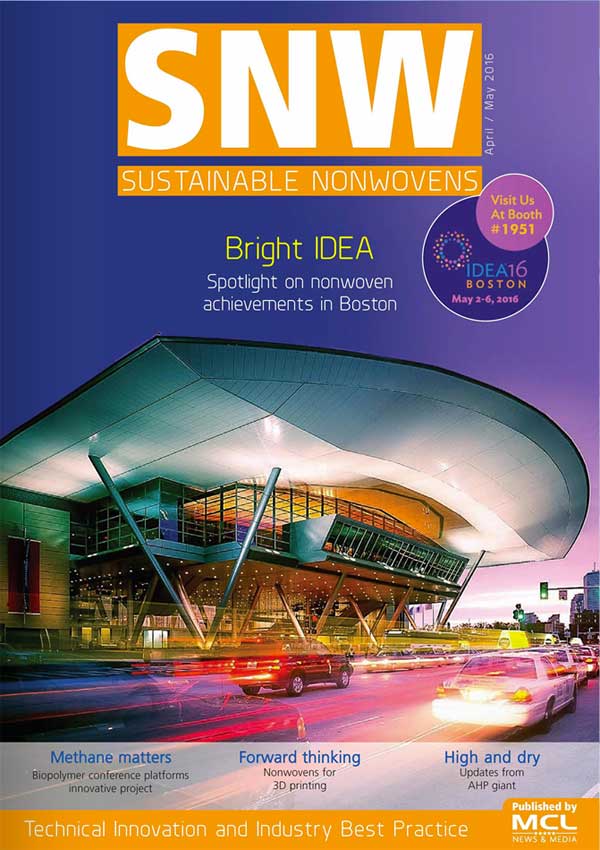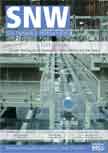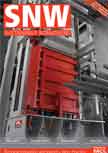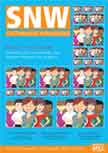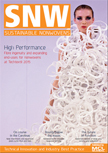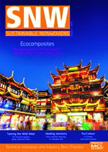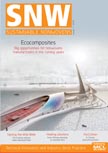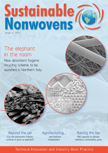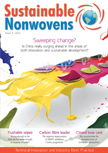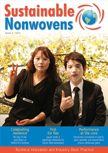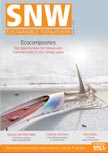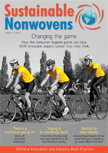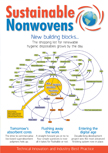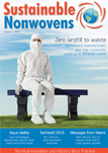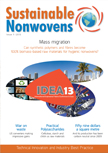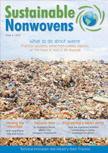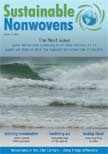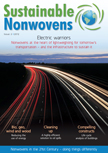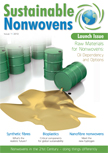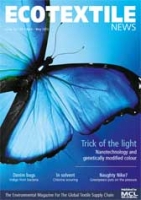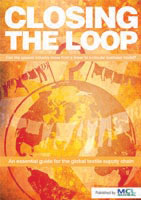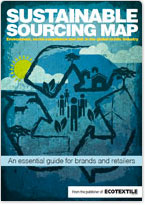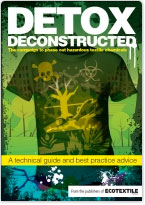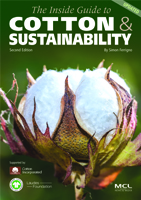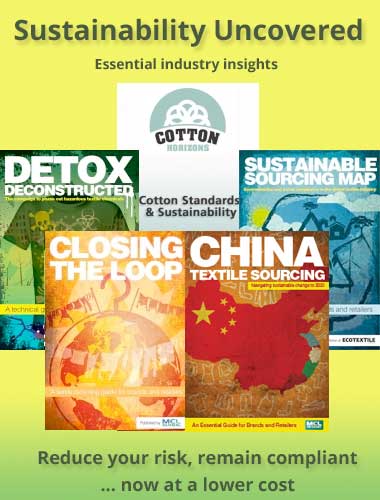BRUSSELS - SNW talks to Murat Dogru, EDANA General Manager.
Sustainable Nonwovens: EDANA’s OUTLOOK, which takes place from October 18-20 in Vilamoura, in Portugal’s Algarve, is the world’s premier conference for the absorbent hygiene products (AHPs) industry. What is your latest data saying about this market at the moment, with a widely reported highly-competitive business climate, over-capacity and increasing raw materials prices?
Murat Dogru: It’s true there is currently a challenging market for AHPs in certain regions of the world, which makes this year’s OUTLOOK highly relevant for gaining a global perspective and insight into what’s been happening where and why. The situation differs from region to region, which is why we will have speakers from Africa, China, India, the Middle East and North America, as well as Europe, all outlining the differing challenges, opportunities and market dynamics. We are also opening this conference up to the external world because it’s good to see what other sectors are doing – often the challenges they face are similar to ours.
Many things have changed in just the last 12 months, such as the importance of AI and automation, as well as recruitment challenges and finding the right staff and resources. These are just some of the other issues that will be addressed in Vilamoura.
SNW: EDANA will then hold the first edition of its Sustainability Forum in Brussels from November 28-29. What sustainable gains do you see the industry making at the moment and is the current business climate likely to slow them down?
MD: There is no sign of a slow-down regarding any areas of sustainability. Looking at all our conference programmes sustainability consistently stood out as a hot topic, so it was a no-brainer to have a dedicated event, because sustainability impacts all end-use sectors for nonwovens, whether they are disposables or durables.
There will be many innovations from suppliers and converters presented at the forum, but unfortunately there are many others suggested that we couldn’t include as there just wasn’t enough space in the agenda. Beyond the conference itself, however, we will be looking at how we can leverage these other areas. Right now, we have a lot of content we would like to repurpose and reshare through other means.
One question we still hope to clarify is how plastics can continue to be used and the role that manufacturers and converters can play. We are somewhat concerned about regulators’ expectations to move to biobased and recycled content. Will there be enough materials on the market, for example? This is a true challenge for nonwovens producers, especially in the durables sector, which uses a huge amount of recycled PET, for example.
Meanwhile, AHP manufacturers are investigating how to recycle their products which remains very challenging, but new solutions for closing the biological loop are being developed and will be introduced.
We are also seeing more plastic-free products on the market and at the same time there are increasing requirements to preserve biodiversity, so how are the two compatible and is it really competitive? This is what we want to further explore.
SNW: What lessons do you think have been taken on by the industry after the Covid-19 pandemic?
MD: There are many things we can say about that period. Firstly it emphasised all of the benefits that our industry brings to society. It also demonstrated how agile we were in quickly meeting the needs of society for protective masks. We were in a reactive mode which was great, and today it’s okay and behind us but what will happen if there is another crisis?
The industry does not have the capacity to be proactive and remain ready, we cannot alone be responsible for mitigating future crises.
It’s up to the authorities to decide how much money they want to put into preventing another situation. Right now it’s not a hot topic anymore but who knows what will happen in the future?
It’s the same on the standards side. Right now there is a call from Japan to form an ISO Standard for facemasks but in Europe the interest is not high enough. We need to address who is taking the lead for this kind of challenge and how to pay for it. When you have a big situation like that, everyone needs to have a defined role. There is a certain level of responsibility that needs to be taken by official representatives from governments. We as an industry also need to learn from this in order to ease the process for the future, and standardization will be one aspect, to ensure that we continue to deliver the quality that consumers expect from us.
SNW: You closely monitor EU legislation that will impact on the nonwovens markets. What issues do you see on the horizon?
MD: Before the EU parliamentary elections next year there is still much new legislation to be introduced that will impact our industry for sure. There is the Corporate Sustainability Due Diligence proposal, for example, which requires companies to devise due diligence policies and take appropriate measures to identify, prevent and mitigate any adverse human rights issues, establish a complaints procedure and monitor and communicate the effectiveness of the measures introduced. Additionally, certain large companies will be required to ensure that their business strategies are compatible with limiting global warming to 1.5 degrees, in line with the Paris Agreement.
Another issue is Green Claims and how to communicate them. Attendees at our Sustainability Forum will be able to learn from the experiences of experts, and one specific topic that will be addressed is the Digital Product Passport, which will be a pivotal element going forward. Within EDANA right now there are many working groups focusing on these issues.
These are big changes, which is why it’s more important than ever to have an association representing the industry in Brussels and consolidating the different work involved.
EDANA’s Sustainability Vision is also being updated and will be presented at the Forum. We introduced it in 2018 and not only has the world changed since then, we have also learned many things, so we are fine-tuning it to match today’s needs.
In summary, we have two great events coming up. The attendance numbers for OUTLOOK are already really good and despite the difficult situation right now, they are above last year’s figures. The Sustainability Forum meanwhile evolved out of the Circular Nonwovens Forum and could be called a 2.0 version of that event, with a significantly increased scope.
